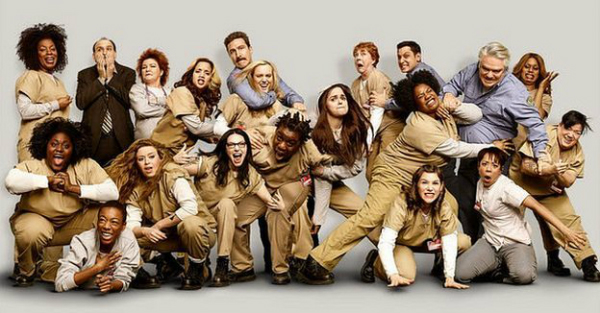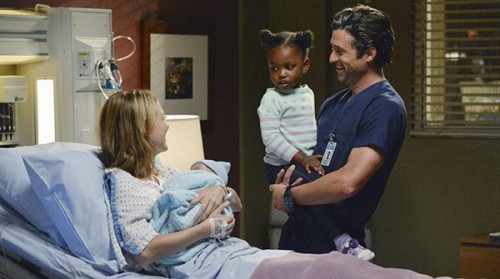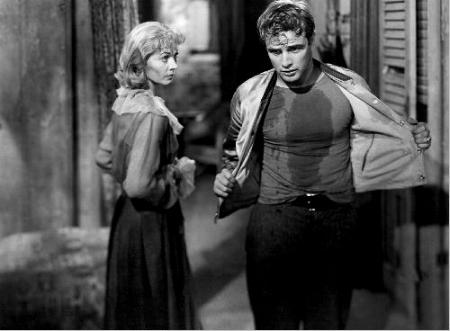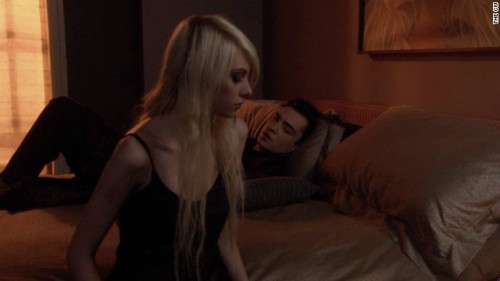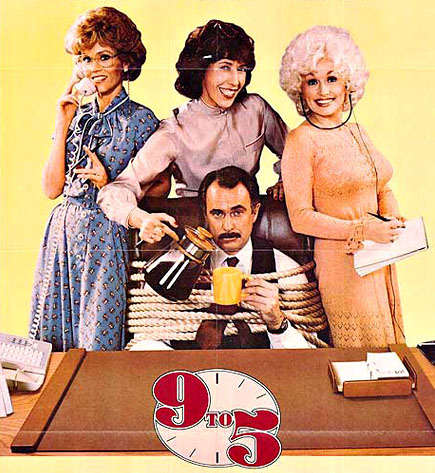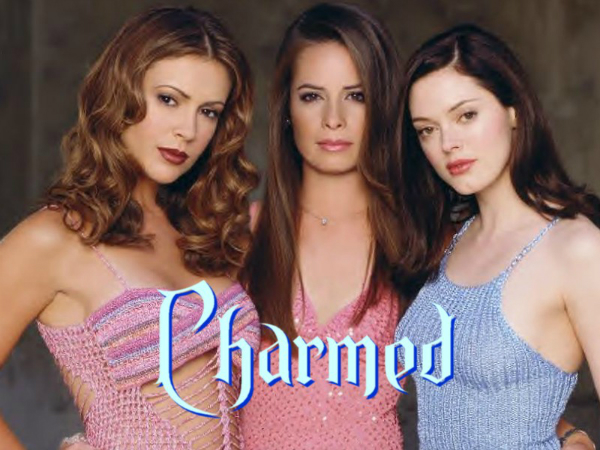Physical and Mental Health in ‘Orange is the New Black’
It’s not all doom and gloom, though. Sophia leads the inmates in an episode-long exploration of “which hole” pee comes out of and the importance of knowing your body. This season really attempts to get at life in America’s underfunded and overcrowded minimum security prison system. While there’s still a ways to go in achieving a realistic portrayal of the dire reality many incarcerated women face, it’s the only piece of pop culture striving to do so.
